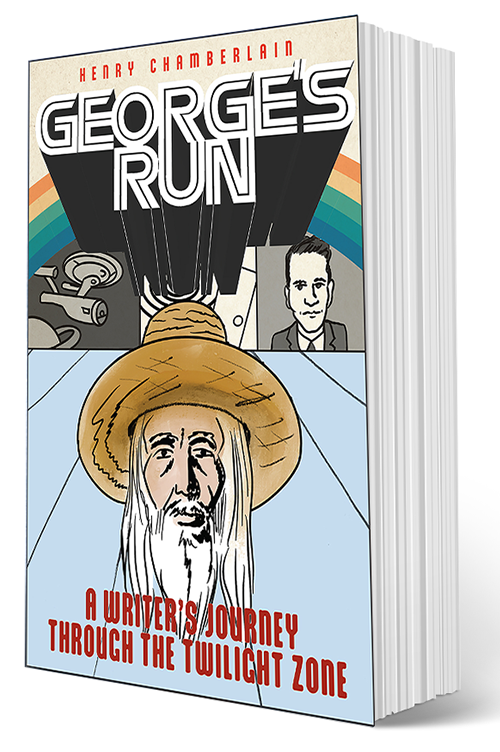We’ve heard plenty about how the media helped to construct Donald Trump. We see how another White House and the media interacted in, “The Reagan Show,” a new documentary by filmmakers Pacho Velez (Manakamana) and Sierra Pettengill (Town Hall). Pacho Velez was on hand this weekend for a Q&A after the film’s showing at the Seattle International Film Festival.
Ronald Reagan is as much icon as enigma. He managed a life and career treading upon the surface. In their documentary, Velez and Pettengill work mostly from archival footage, made up of official White House video and network news segments, to revisit a man who was at his best as a flickering image just beyond reach. The Reagan administration made the big switch from documenting the president in video instead of the traditional, costly, and confining 16mm film. Video allowed for continuous unencumbered recording. It became known as White House TV, perfect for a former Hollywood actor. The documentary perfectly mines all the irony attached to our first reality TV president. What we get is not so much bloopers, or even anything substantial behind the scenes, but a better sense of a president who was painfully too old and woefully disengaged.
Growing up in the ’80s, I don’t recall that era as particularly quaint but the footage in this doc proves otherwise. One such moment could have come right out of the Eisenhower White House. To illustrate how in command the president was, Chief of Staff Howard Baker recites what is supposed to be a decisive moment between Reagan and his Soviet counterpart, Mikhail Gorbachev. Just prior to a tough round of negotiation, Reagan asked Gorbachev if he would autograph his World Series baseball. This gesture supposedly disarmed Gorbachev and left Reagan with the advantage. It’s a nonsensical anecdote but it apparently disarmed the media just enough to look away and move on.
There is plenty of obliging on the part of the media to be found here. Some hard-hitting questioning too, especially by ABC News White House correspondent Sam Donaldson. But the president’s charm is ever present. The only tarnish comes with the complex Iran Contra scandal. It is complex enough to allow Reagan something of a pass. For the most part, this doc focuses on the work between Reagan and Gorbachev. As Velez pointed out during the Q&A, Reagan is credited with ending the Cold War, whether or not that’s true. Overall, he achieved the status of an icon. In reality, as this doc makes clear, the Reagan administration did a lot of stumbling and had the unbelievably good luck of having Mikhail Gorbachev running the Kremlin.
Under certain circumstances, the press, and various other power brokers, will always look away. There will always be exceptional circumstances (FDR, for example, was never photographed in a wheelchair). But when a president so flagrantly abuses his power, then that gentleman’s agreement is forced off the table. Ronald Reagan remained a gentleman. And, for that, he was saved by the establishment. The media asked tough questions but they were always open to being charmed. And Ronald Reagan could be relied upon to charm with the best of them.
While this documentary has its share of irony and self-awareness (Reagan’s plea to “Make America Great Again” is included), it cannot help but get caught up in the murk of Reagan “charm.” As Velez stated in the Q&A, he aimed for this documentary to follow a narrative of success with a happy ending. Sure, Velez did not want to demonize Reagan. Fair enough. But to allow Reagan off the hook with a story that closes with him achieving a nuclear arms treaty with the Soviets is pretty generous. You may as well end a story about Nixon with him opening relations between the US and China. To Reagan’s credit, Velez pointed out in the Q&A, he always seemed sincere. In comparison to today, that does count for a lot.
You can follow “The Reagan Show” on its Facebook page right here. The documentary will air this Labor Day on CNN. You can still catch it at SIFF this Wednesday, June 7th. Go to SIFF for details right here.

















